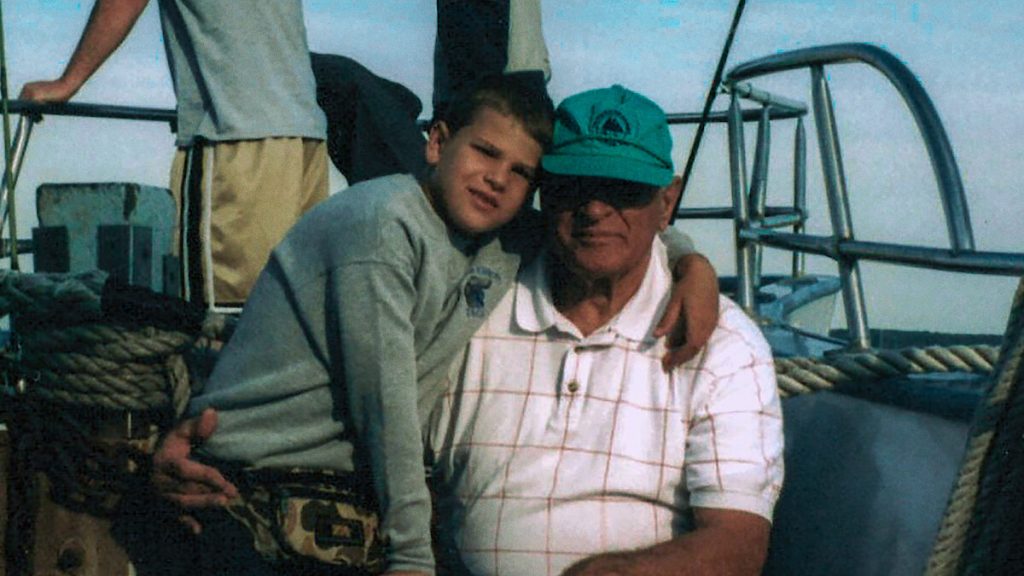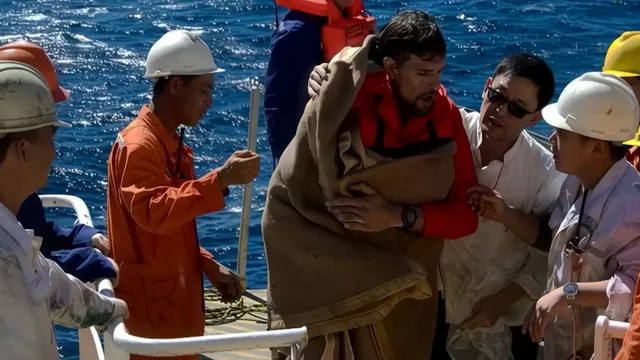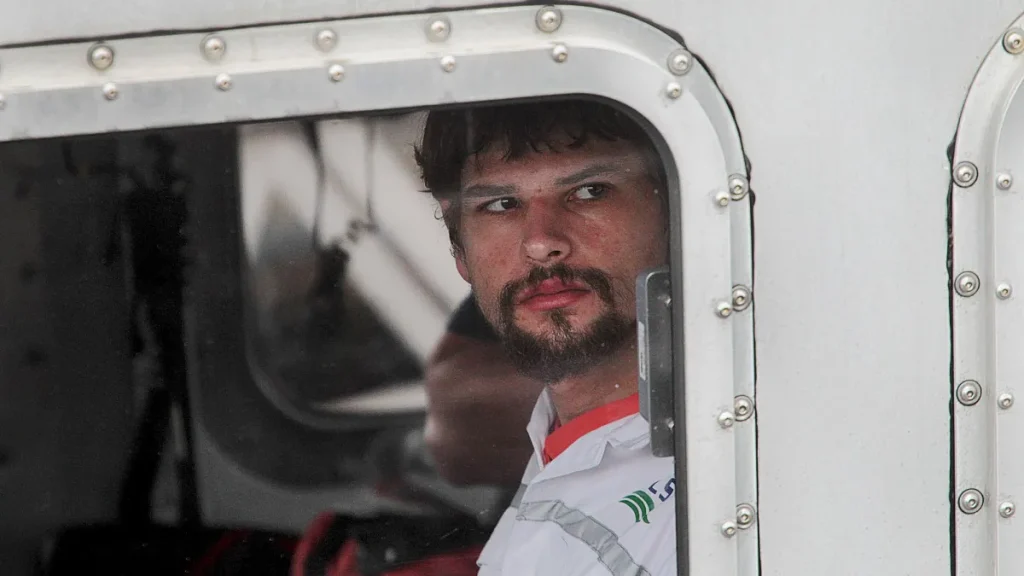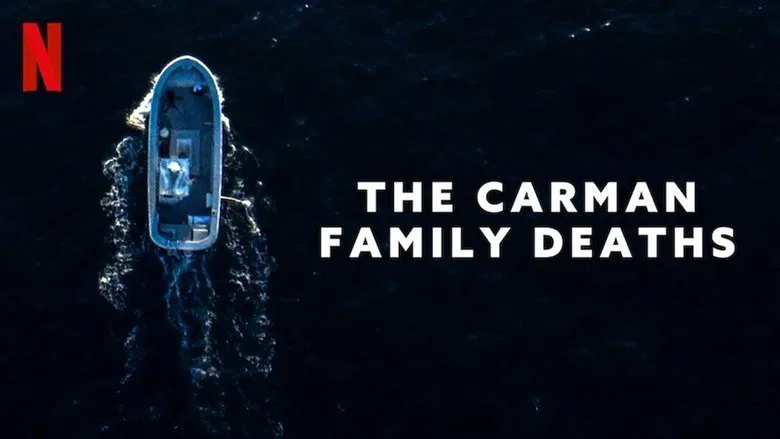
Does having autism make someone more or less likely to become a killer? It’s an uncomfortable question, yet it sits at the heart of this undeniably tragic yet often frustrating documentary.
The film never quite knows whether it wants to explore the mystery of a family’s demise or the complexities of neurodivergence, and that tension shapes everything that follows.

Nathan Carman is the autistic son of Linda, one of four daughters of family patriarch John Chakalos. Chakalos made a fortune in the building trade, leaving behind considerable wealth and, apparently, a tangle of family resentments. Nathan’s story takes a dramatic turn when he’s found adrift at sea after his boat sinks during a fishing trip with his mother. Rescued after six days alone in an emergency dinghy, he initially appears to be a miracle survivor of a horrific accident.
At first, sympathy seems almost natural. Here is a socially awkward, isolated 22-year-old on the autism spectrum who has just lost his mother in an unimaginably traumatic way. But when Nathan moves to claim insurance money, investigators begin to grow suspicious. The film suggests that this isn’t the first time questions have been raised about him. Years earlier, Nathan’s grandfather yes, the wealthy one was shot dead in his bedroom. Nathan was the last person to see him alive and, to some, the family member who stood to gain the most. Yet evidence was insufficient, and charges were never filed.

Now, with his mother dead and the circumstances of the sinking called into question, insurance investigators begin piecing together a narrative: that Nathan murdered his mother, staged the sinking, and intended to claim her share of the inheritance.
What’s really at the heart of this documentary, though, is whether Nathan’s undeniably unusual and sometimes unsettling behaviour stems from guilt or from the challenges of living with severe autistic symptoms. Detectives, psychiatrists, and other experts weigh in throughout, each with their own interpretation of Nathan’s actions. For me, the tragedy and mystery of autism itself becomes as important as the looming question of whether he did or didn’t kill his relatives.

I found myself wanting more: more exploration of autism, more nuance, more thoughtful inquiry into whether any real link exists between autism and crime. Instead, the film settles into a fairly routine true-crime narrative, with every participant already firmly committed to their side.
In the end, it all feels a bit predictable and, frankly, quite disappointing.


